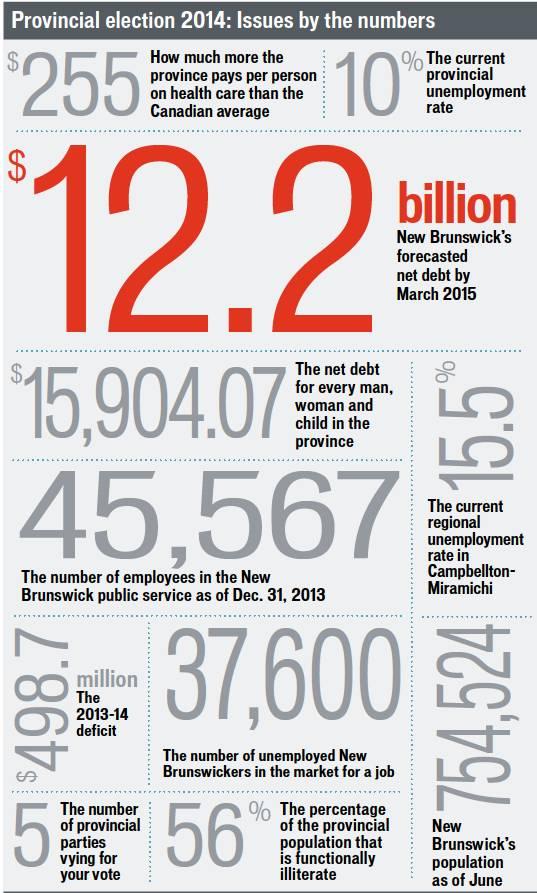In preparation for the Quebec provincial election on Monday, I mapped out some past Quebec election results, comparing the vote and seat share received by each party. Click the graph to embiggen, the vote share is on the left, seat share on the right.
In Quebec elections, the Parti Quebecois is often said to have a built in advantage, in that they have a more "efficient" vote. The Liberals win super-majorities in Montreal, while the PQ is able to squeak out more victories by a smaller margin in the regions by winning francophone voters, meaning that in theory, the PLQ need a significant vote share advantage, as the PLQ have more wasted votes in ultra safe seats in Montreal.
You can see that is is what played out in the 1994 and 1998 elections. The vote share for the PQ and PLQ was within 1-2 percentage points of each other, but the PQ won solid majorities. Indeed, the PLQ actually won the popular vote in the 1998 election. However, in 2012, the PQ and PLQ again had a tight race for the popular vote, finishing a single point apart, but the PQ barely squeezed ahead of the PLQ in the seat count.
The rise of other parties in Quebec is one factor in this - in 2003, the PLQ popular vote barely moved from 1998, but the ADQ jumping from 12% to 18%, particularly rising in the regions and amongst francophone voters, sapped a lot of support directly from the PQ, and allowed the PLQ to win a solid majority. The ADQ, however did not have a particularly efficient vote prior to its 2007 breakthrough, as 18% of the vote was only able to deliver 4 seats.
2007 was one of the most unpredictable elections in Quebec up until that point, with the ADQ surging and almost doubling its popular vote from the last election, stealing from both the PQ and PLQ. This election, oddly, the showed the flip side of having an "efficient" vote - when another party is surging and taking votes from you, your 5% victories in a lot of ridings are going to be in danger. Large parts of the PQ and PLQ voter base abandoned the parties, and because the PQ base was spread more evenly, it was pushed into third place by the ADQ. Looking at the actual seat results from 2007, it can be argued that the PLQ actually had the most "efficient" vote, as while it suffered significant damage in the regions, it was able to retain enough bedrock support in it's core federalist areas (Montreal, the Eastern Townships, the Outaouais) to win the most seats.
After an ADQ collapse returned Quebec election results "normal" in 2008, the 2012 election and the rise of the CAQ and to a lesser extend Quebec solidaire marked another wide open election, with only 5% separating first from third in the popular vote. The CAQ took enough francophone vote from both the Liberals and the PQ to be competitive, but not enough to reach the height of the ADQ.
30% seems to be a flipping point for parties in Quebec, particularly for the non Liberal parties. Only 4% separated the ADQ in 2007 from the CAQ in 2012, but the difference between 31% and 27% in vote share was 32% and 15% of the seat share. The PQ has a pretty big range for seat share depending on how the votes of the ADQ/CAQ/QS go, demonstrated by the PQ winning more seats and a narrow majority in 2012 with only 32% of the vote, when 33% of the vote delivered them opposition and fewer seats.
Right now
ThreeHundredEight has the PQ pegged at 28%, the same as in 2007 election that placed them in 3rd, but in total seat count he has them significantly higher than in 2007.
Where the CAQ ends up is the big wildcard, the last couple of polls have shown them recovering support lost to the PLQ in the first part of the campaign, but still below where they ended up in 2012. If the CAQ surges over the last weekend, what result could that have?
The other wildcard is Quebec solidaire. While at absolutely maximum they can win 4-5 seats (they will certainly hold onto the two they have, and a third seat isn't out of the question) if they are polling in the double digits, that is a lot of vote they could take from the PQ. QS tends to underperform compared to the polls, however, so solidaire being at 8% vs 12% could be the difference (particularly for the PQ) in a lot of seats.

















